Mark Rose Pilots Avison Young’s Global Rise
The executive shares insights from his long tenure at the Toronto-based services firm, now firmly entrenched in the U.S. after a decade of expansion.
As CEO of Avison Young, Mark Rose oversees one of the world’s largest and fastest-growing commercial real estate services firms, with a global team that encompasses 5,250 people across 120 offices in 20 countries. During his 11 years at the privately held, Toronto-based firm, Rose has shepherded Avison Young through a string of acquisitions the company’s revenue has grown from $40 million in 2009 to its current $1.1 billion. Commercial Property Executive spoke with Rose in late March to glean his insights on the company’s expansion strategy, the importance of culture and the changes that are rocking the industry.
What would you estimate your market share to be in Canada and the U.S.?
Rose: Honestly, in Canada we’re probably top three, and we’re top five or six everywhere else that we are now. That’s not bad. Ten years ago, we didn’t have a single human being on U.S. (soil).
Where do you personally spend most of the year?
Rose: Our headquarters are in Toronto and we also live in Chicago, Florida and London. I really live on American Airlines because I get on a plane every other day, so it doesn’t really matter.
Talk about some lessons and best practices you’ve learned leading the growth of the company over the past 11 years.
Rose: When you look at the strategy, it was built off of some critical belief systems and foundations. And those are: people first; honesty and integrity; structure and culture. Too many times, people are moved by the “capital in, capital” out approach to enterprise building. Public companies are great companies. But what they’re doing is fighting a structure that is not compliant with what you’re trying to deliver. Meaning, public companies are set up that—first things first—there’s only one fiduciary responsibility every day, and that’s from a company to its shareholders.
That is a legal issue. And the governance of those companies goes from public shareholders to boards of directors, down to CEOs to middle management to line management, and then you have individual business units. And structurally that setup does not permit a collaboration. So when there is collaboration, it’s a workaround to try to break through hard lines and hard walls that have been set up—even though you’re servicing, usually, one decision-maker.
And so at Avison Young, when we settle on culture first—meaning partnership and collaboration, communication and taking care of each other is most important—then you can actually allow for information, a debate, and the inclusion and diversity and opinion that our clients need to be successful. That then takes you to the type of people who you want in your organization and the types of companies that you want to acquire.
We’ve acquired 48 companies already. And we’ve spent time making sure that everybody has the same belief system—again, not down to the finest detail because human beings are human beings. And that has been our strategy, we have stress-tested it for 11 years, it’s allowed us to be the fastest growing.
We reported on the hiring of Jonathan Hipp last month, shortly after you acquired BMS Realty Services. Can you talk about how you integrate those companies after the merger, what kinds of operational challenges that creates and how you navigate that?
Rose: The culture and the integration—most people talk about one of those steps with your PMO (program management offices) and your integration offices, which we have them all. What’s missed is the discipline to do all of your culture work up front, before you actually buy the companies. The work that has to be done is we spend more time, whether it’s a major recruit or a major acquisition. I meet with leaders and interview them. I’m not asking them any questions about their revenue, their profitability, because the reason they come to us is they’ve been vetted that they are top-notch in their field. So it allows me to ask questions and kind of get into the souls of the people around the culture. We have walked away from acquiring companies that would have added significant revenue to our company, but they have the wrong belief system.
You hired John Sikaitis (Avison Young’s chief innovation officer) last year to launch a global innovation practice. Could you tell me a bit more about the thinking behind that and what John and his team are working on now?
Rose: It’s not just John and his team, there are other parts of the organization at the same time—because these things go hand in hand. To bring in a data-based group who, quite frankly, are the best in the business, to go along with Molly Kelly (global chief marketing and communications officer) and one of the leading marketing and communications teams to also go along with top consulting. It’s not just selling a piece of property. It’s not about just leasing a space. Everything is now strategy-based, and therefore the innovation team is the information piece. The marketing is augmenting the data that is turned into information. The consulting side is making something of the information.
What markets are you currently expanding into, and why? You opened your first Asia office a couple of years ago. What’s the strategy for Asia, for Europe—can you talk more about that global vision?
Rose: We’re already in the U.K., Germany, Poland. We have offices in France, Ireland, Romania. You will see us fill in offices in the places that again we’re seeing growth. So Central and Eastern Europe, we’re seeing tremendous activity for outsourcing and BPO (business process outsourcing). And then to fill out the platform in Asia, obviously we think that the engine—and probably where our headquarters will be—will be Singapore. But obviously you need to have a couple of offices in India and in China, obviously you need to eventually be in Hong Kong, although they’re going through some pain right now. And then everything after that is opportunistic.
Can you talk about your expansion strategy in the U.S.?
Rose: There are 50 offices open in the U.S., and the only place that we still haven’t settled on the right group of people—and again it comes back to culture—is the Seattle area. But we work with some great groups up there so we’re able to service our clients. I don’t think you’ll see us opening up in any more cities, because we think that this business is going under a complete conversion. What we will continue to do is expand into the service lines and the businesses that our clients need. And since our industry is finally growing up, we see a completely different approach to how we’re going to service clients that we’re going roll out over the next few years.
Anything more you can tell me about that?
Rose: Well, I’ll just say this. Clients are very clear that they’re willing to pay for value and they’re willing to pay much less for commodity. That they want a consultative approach. They want value, they want solutions, they want strategy, they want to know about your tech stack and they want to know about climate change. They want to know that you’re good corporate citizens, that you are involved in diversity and inclusion. It’s less about the relationship real estate that has led us for decades.
How did you get started in the CRE industry and what was the attraction for you?
Rose: I was in college at 16, I was in public accounting in New York at 20 working on real estate clients. I fell in love with the business. And then both through skill, and you also have to get lucky—I had great mentors. By 26, I was CEO of one of the largest REITs on behalf of the British Coal (Corp.) Pension Funds, and helped to sell all of the U.S. real estate assets of British Coal in 1988 and 1989, keeping them away from the pain that would come in 1990, ’91, and ’92. And really from that point on, I started my own company (Metropolitan Realty Advisors), realized that I was not meant to lead a small company, sold it to Jones Lang Wootton a few years after that, merged JLL, and it’s history since then.
I would say the most important thing (in what is) now a 35-year career that’s all been in real estate, is I am blessed to wake up every single morning and I can’t wait to go do this. And I wish that for everybody.
What is your perspective on the coronavirus situation, and how is Avison Young advising its clients?
Rose: There’s part of me that wants to hop onto social media, and I don’t for various reasons. The governments of the world are not getting enough credit for trying. They have effectively put the world’s economies into voluntary recession and it’s going to be deep. Actually, it is deep already. But it’s an attempt to save lives.
We’re advising our clients right now, the last couple of weeks, on how to shut down buildings, the wellness of buildings, talking about what are the implications of force majeure. I think that building at the moment is a bit more difficult because you’re fighting against the stay-in-place rules—as opposed to an existing building, it’s easier to take those offline and bring them back online.
I think we’ll be advising certain clients that if they really get used to Zoom, what we’ve been trying to tell them all along—you probably didn’t need all of those offices in the first place—this may push them over. Although I will tell you, there’s a counter to this: me, and I think everybody else, we can’t wait to get out of our house and get back to our offices. There’s a balancing act there, but I think we’ll be advising on flex office, on static office, longer terms, and again the need to work remotely, because there’s a place for all of it.

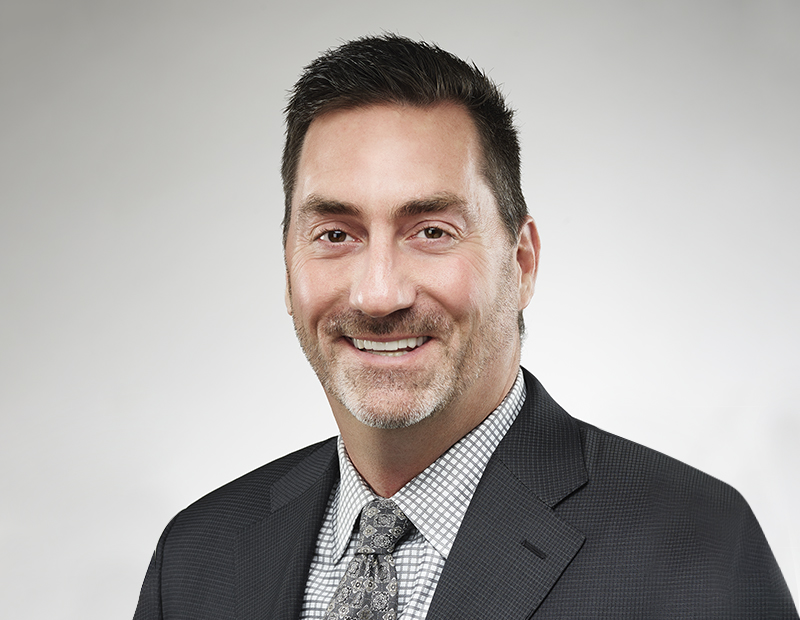
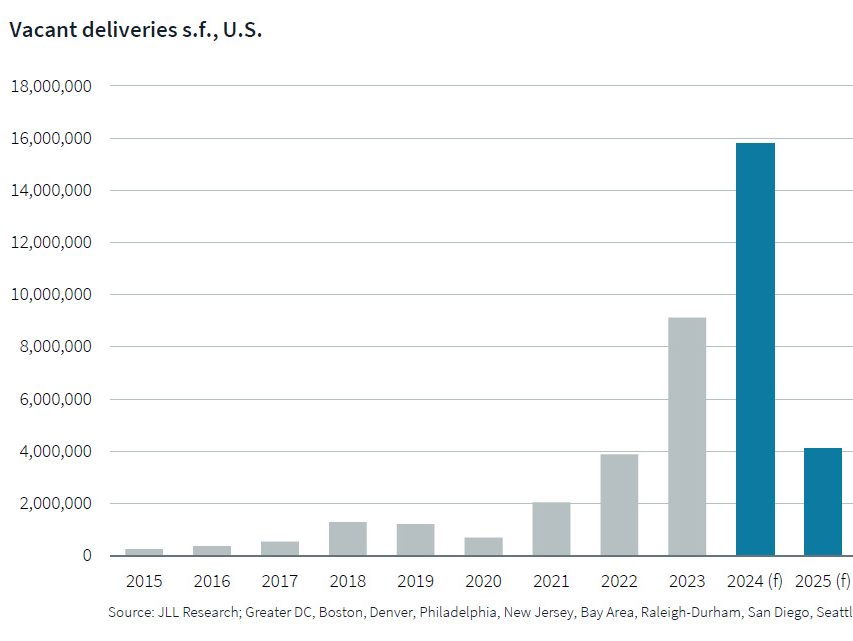
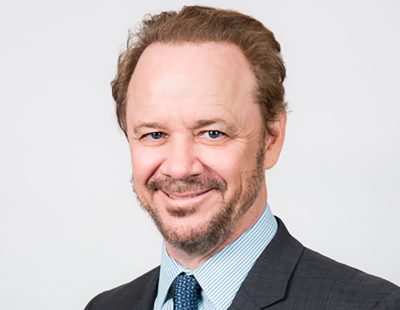
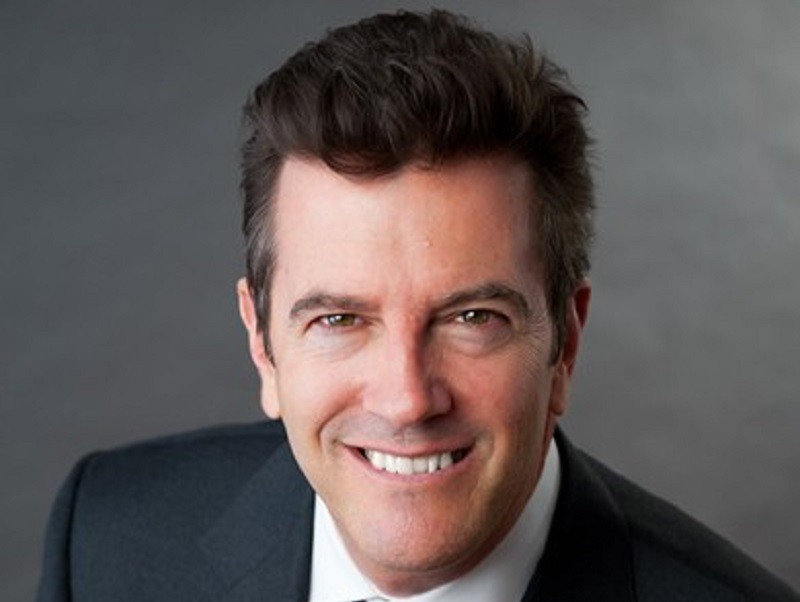
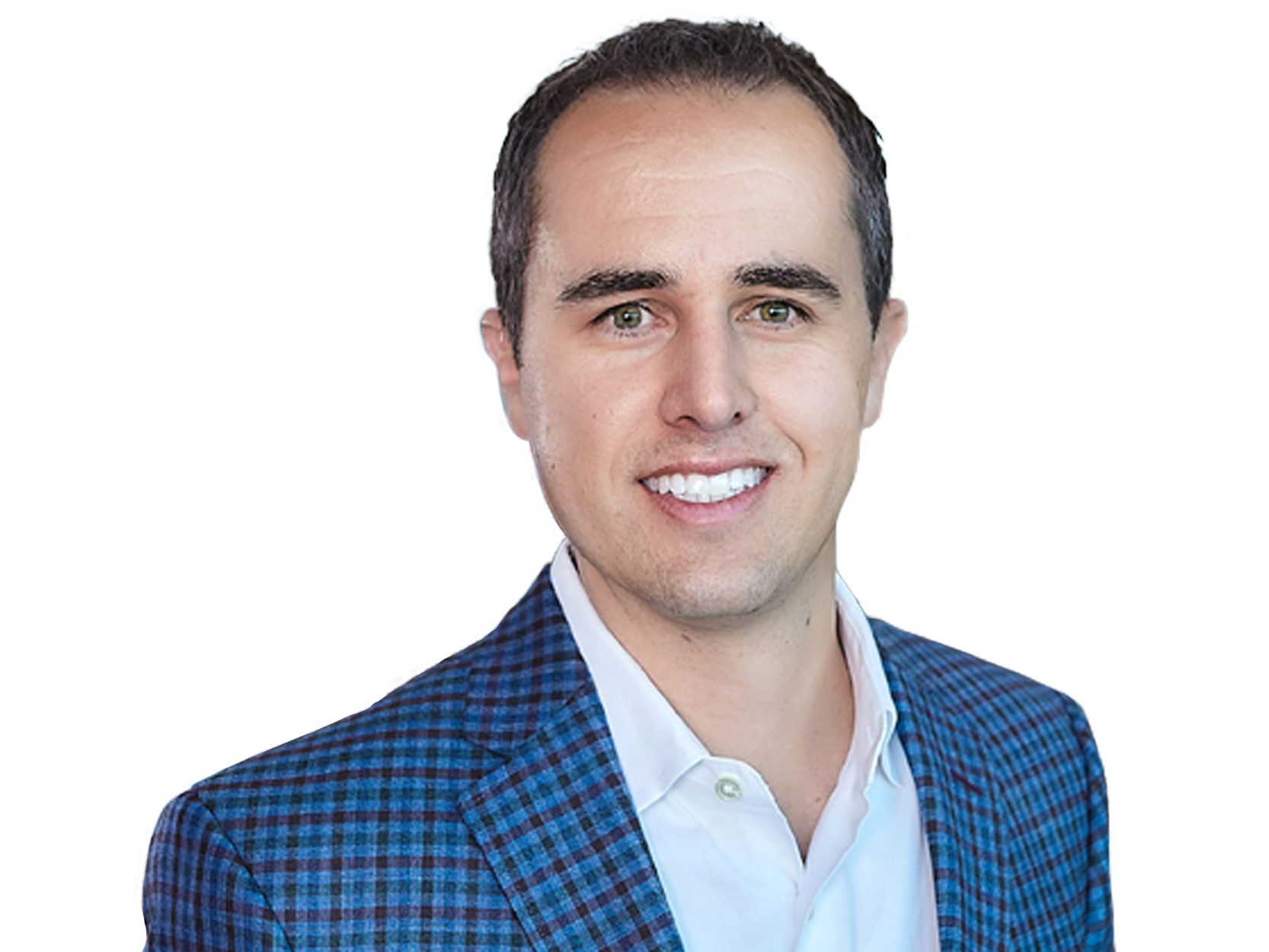
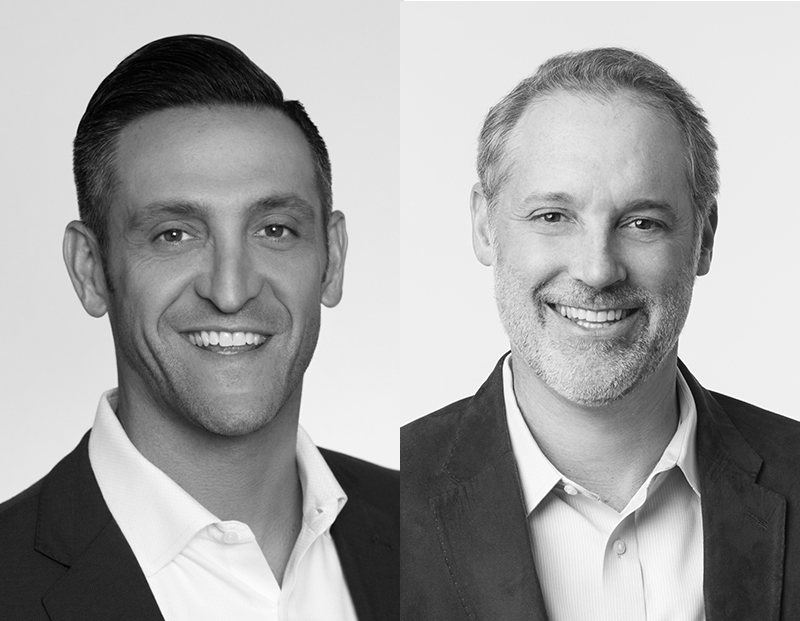
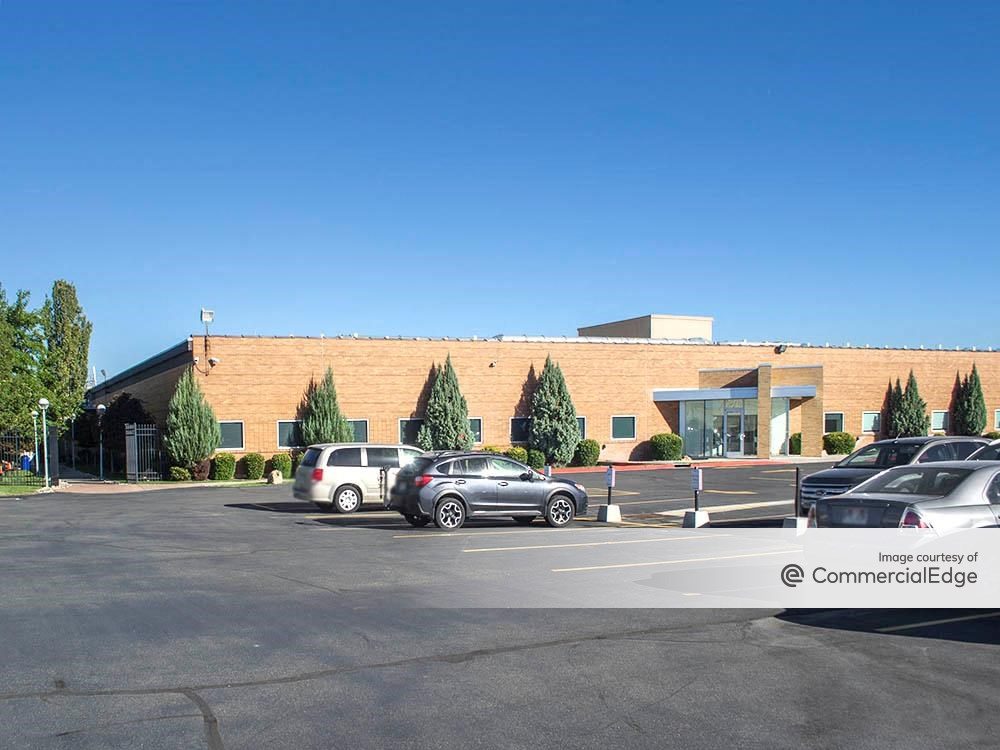
You must be logged in to post a comment.